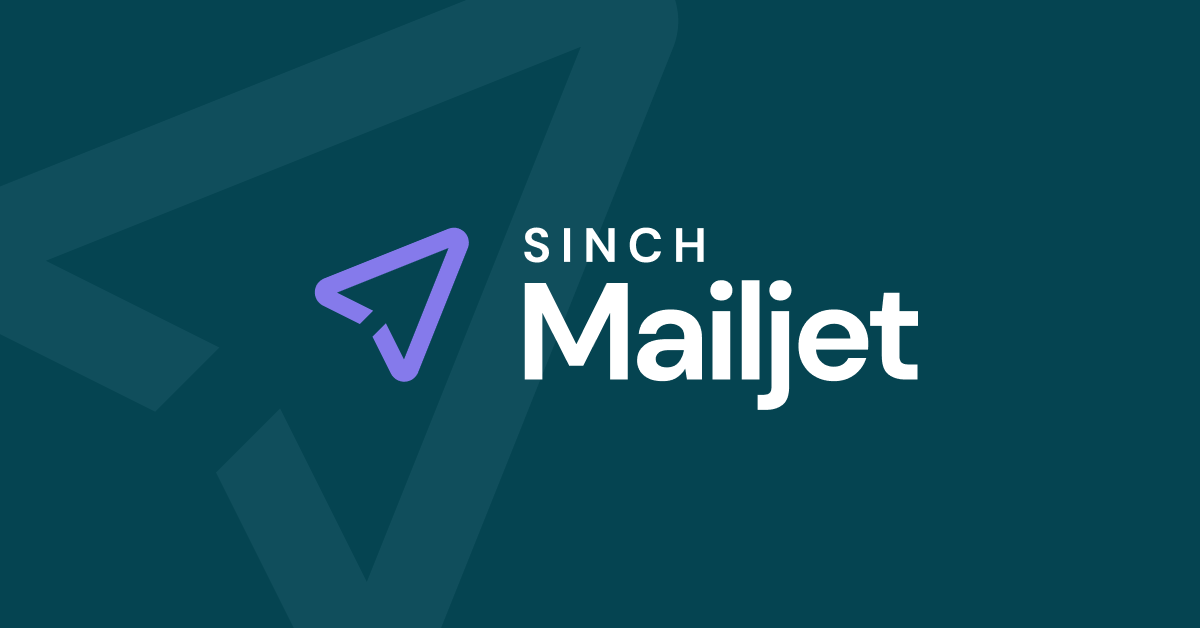Resources
Glossary
Lost in all the marketing jargon? Find definitions for common email and digital marketing terms and learn more with our related resources.
No result
- MJML
MJML, or Mailjet Markup Language, is an open-source method for coding responsive emails. With its easy-to-understand syntax, MJML makes it easy to code emails that appear on any type of device, whether a laptop, tablet, or phone. This allows email marketers to rest assured that recipients are loading and viewing the marketing messages without obstacles.
- Mail merge
A mail merge is a feature that stores names and addresses of recipients in a database and allows senders to create various labels, letters, name tags, and envelopes using this stored information. To generate a mail merge letter, the sender first needs a Microsoft Word document and an index of addressees, normally from an Excel file. Microsoft includes a Mail Merge Wizard in Word, simplifying the process and guiding senders through each step. Users begin by adding recipients from an Excel Workbook or typing in their own list, then writing the letter. Each addressee receives a copy. For external copies, many third-party apps facilitate mail merge with attachments.
- Market share
A market share is the percent of total sales in an industry generated by a specific company. It’s calculated by factoring in the company's sales over a particular period, dividing it by the industry's total sales over the same time frame, and multiplying it by 100. Here’s how it’s expressed in a formula:
- Marketing analytics
Marketing analytics are metrics and data derived by examining the performance of a marketing strategy. It consists of unified marketing measurement (UMM), media mix models (MMM), and multi-touch attribution (MTA), which are techniques used by companies to measure their metrics and make data-driven decisions to increase market share and grow their brand.
- Marketing automation platform (MAP)
A marketing automation platform (MAP) is a centralized platform that facilitates content creation, designing, and scheduling. This software lets marketers save time on monotonous tasks to increase productivity. It helps with drip campaigns, email actions, CRM updates, SMS, and more. Email marketers conducting a MAP comparison should consider the potential expenses and their unique requirements.
- Marketing budget
A marketing budget is the total amount of money a company allocates to marketing activities over a set period. It generally involves the amount spent on marketing team members, domain registration, automation tools, web content sponsorship, and relevant software or resources.
- Marketing collateral
Marketing collateral is any material created and used to promote a campaign. Most campaigns use various media channels to advertise a company’s products and services. Using different methods expands a brand’s marketing efforts by reaching as many target audience members as possible. Brands should have a marketing collateral checklist in place to ensure their campaign will somehow appeal to every target audience member. This can include social media, email marketing, print media, a landing page, or a blog.
- Marketing email
A marketing email uses electronic communications to promote a company’s products and services. Besides providing an excellent platform to gain customers and drive sales, marketing emails are an exceptional way to manage customer relationships. A customer relationship management (CRM) software and marketing emails work hand-in-hand. The software collects data about potential and existing customers, which professionals use to automate or create marketing emails to turn these customers into buyers.
- Marketing mix
A marketing mix is an amalgamation of strategies companies use to stand out among the competition, which are the four Ps of marketing: product, price, place, and promotion. These strategies help companies determine how to market the right product at the right time to earn the maximum profit.
- Multichannel marketing
Multichannel marketing uses various channels like direct mail, social media, and email to connect with customers and describe the benefits of a product or service. Companies use a mixed approach to reach more people, increase their brand awareness, and boost conversions.

